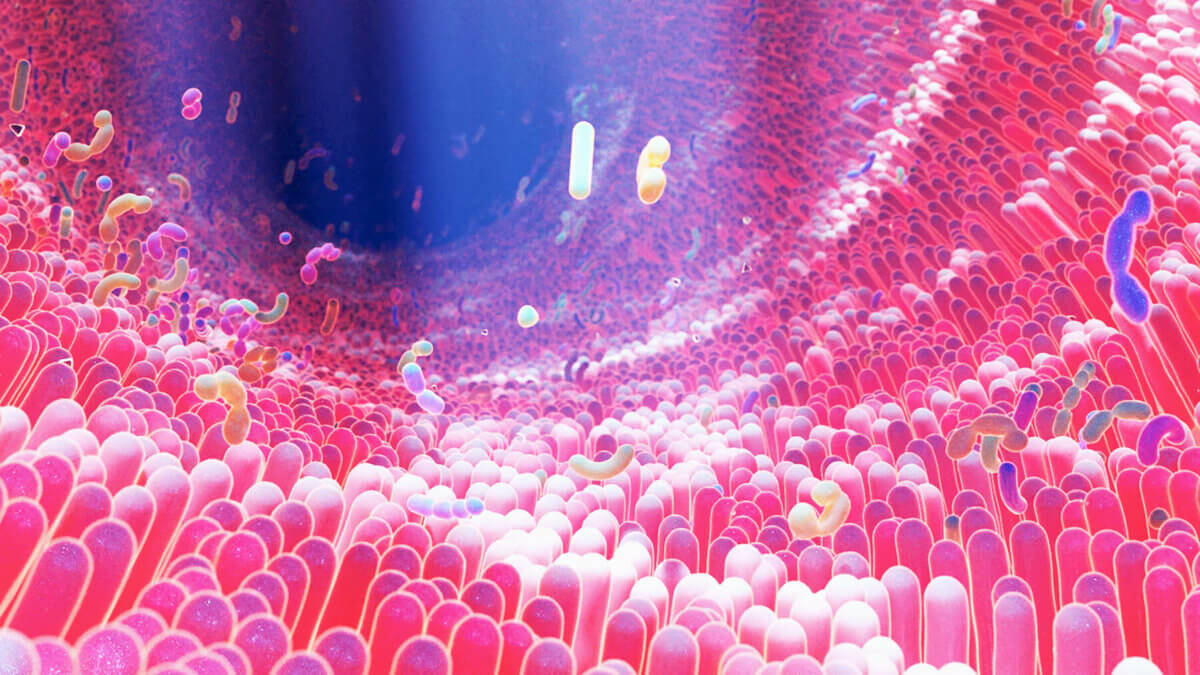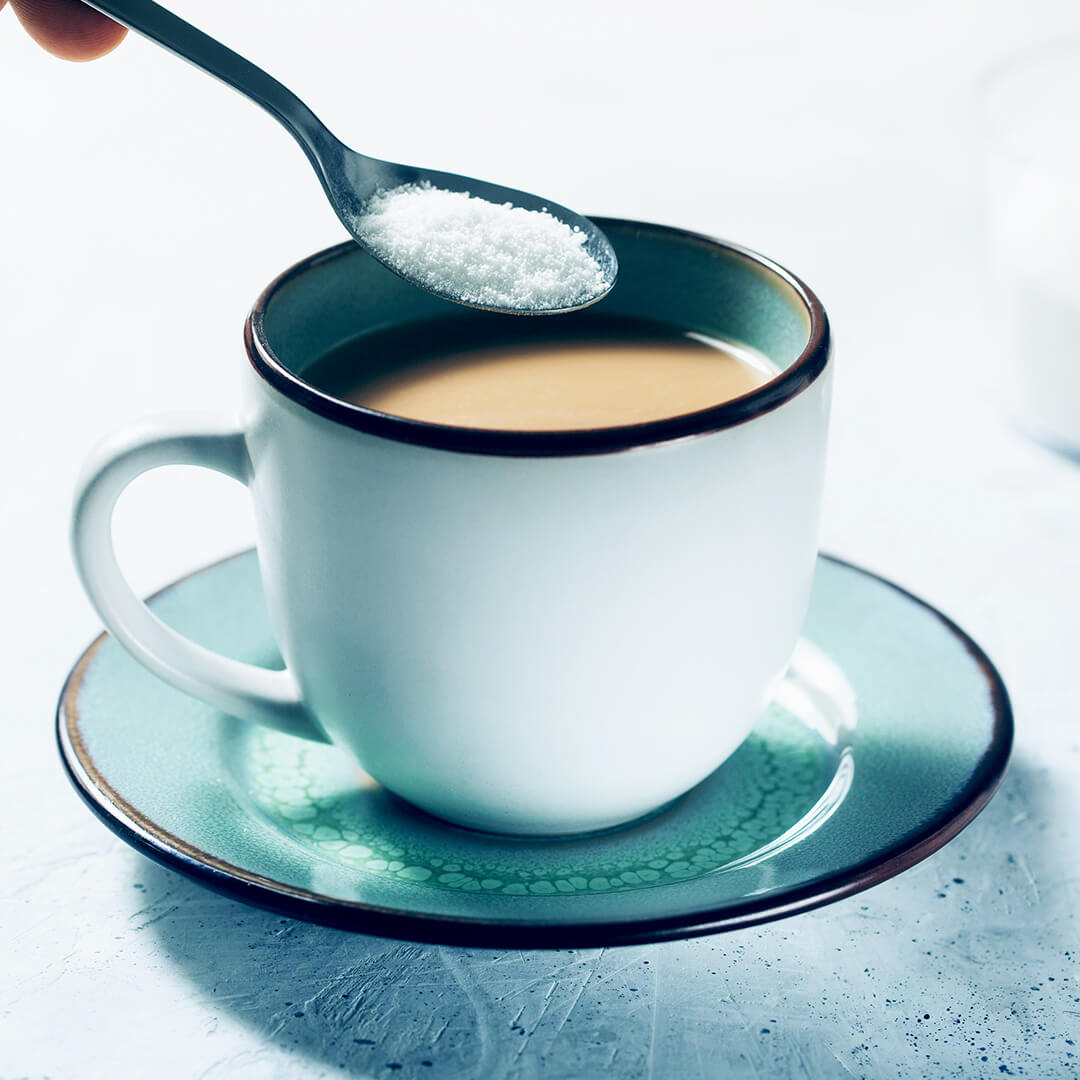Artificial sweeteners have been falsely labeled throughout the years, the common claim is the link between sweeteners and the gut microbiome. A study on humans might be misleading to so-called “experts”.
Overview
What did they test? Changes in gut bacteria, post-prandial glucose, and insulin response from ten weeks of sucralose ingestion in humans.
What did they find? Sucralose ingestion for ten weeks resulted in a significant increase in the microbiota species Blautia Coccoids. There were no significant differences in glycemic responses between water and sucralose ingestion.
What does it mean for you? The benefits of artificial sweeteners outweigh the potentially negative consequences on the gut microbiome that are largely unexplored in humans.
What’s the Problem?
We know you might be sick of hearing about artificial sweeteners. However, recent claims that artificial sweeteners can mess up your gut microbiome worry some people. As we highlighted last month in article 1, issue 2, artificial sweeteners are frequently consumed and can be an effective tool to reduce calorie intake and promote weight loss. However, can frequent consumption of sweeteners lead to negative impacts on the gut microbiome? Some self-proclaimed social media experts and medical doctors seem to believe so. These claims come from a recently published study suggesting that artificial sweeteners alter your gut microbiome and could result in suboptimal blood sugar response after a meal!
Artificial sweeteners encompass various low- to no-calorie sweeteners that increase food taste with minimal to zero calories. Researchers like to refer to artificial sweeteners as ‘non-nutritive sweeteners.’ Sucralose is a non-nutritive sweetener discovered while researchers investigated sucrose (table sugar) derivatives. Sucralose shares a similar chemical structure to sucrose but can provide up to 1000 times the sweetness of regular sugar, making it a great alternative to reducing calories. Sucralose is what you’ll find in the yellow packets in sugar caddies. Before we discuss this study design, let’s do a quick overview of the gut microbiome. We’re no experts; unfortunately, Ms. Frizzle is retired, so we’ll keep it brief.

The “gut” is a general term used to refer to the lower part of the gastrointestinal tract, consisting of the intestines, where most gut bacteria live. Trillions of microorganisms (bacteria), which researchers call gut microbiota (flora, microbiome), live within our intestines 2. Most colonizing gut bacteria reside in the colon 2. The total microbiota of all identified human species belongs to two primary types Firmicutes and Bacteroidetes 2. Scientists can assess gut health by evaluating changes in the balance of specific bacterial species. Ali Metchnikoff coined gut dysbiosis to indicate an ecosystem where bacteria can no longer live together in mutual harmony because of “bad” bacteria taking over 2. In contrast, researchers use the term eubiotic to describe when the potentially “good” bacteria can keep the potentially “bad” bacteria in check 2.
Evidence for the effect of artificial sweeteners and the intestinal microbiome remains mainly in animal models 3. Two strains believed to play a role in blood sugar and fat metabolism are Blautia coccoides and Lactobacillus acidophilus 9 10. Researchers investigated these two strains along with two others in this study. Opponents of artificial sweeteners finally have a study to prove their beliefs. Let’s take this study rep by rep and see if it genuinely shows sucralose to be BAD for your gut!
Purpose
Researchers investigated the effect of long-term (10 weeks) sucralose ingestion on the intestinal abundance of four bacterial species representative of the phyla Actinobacteria, Bacteroidetes, and Firmicutes as a primary outcome. Researchers also explored if sucralose-induced dysbiosis could potentially be linked to glucose and insulin levels alterations during an oral glucose load test.







